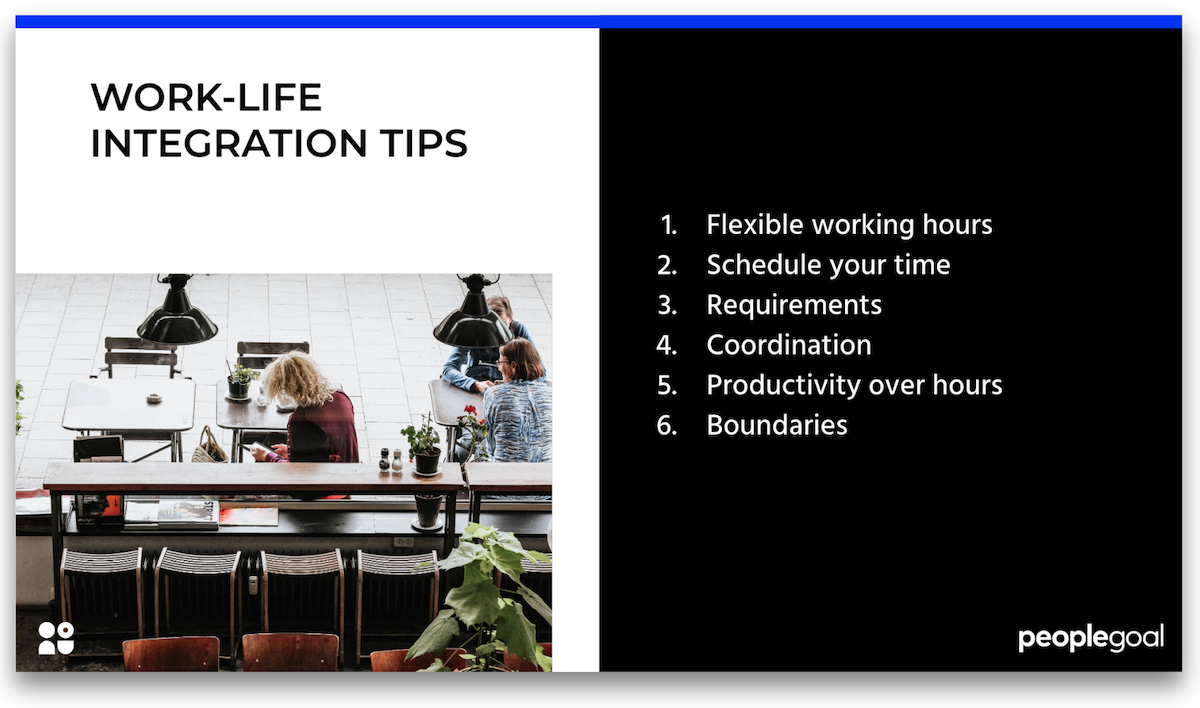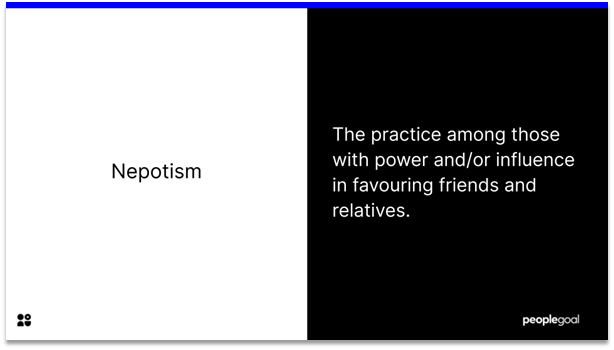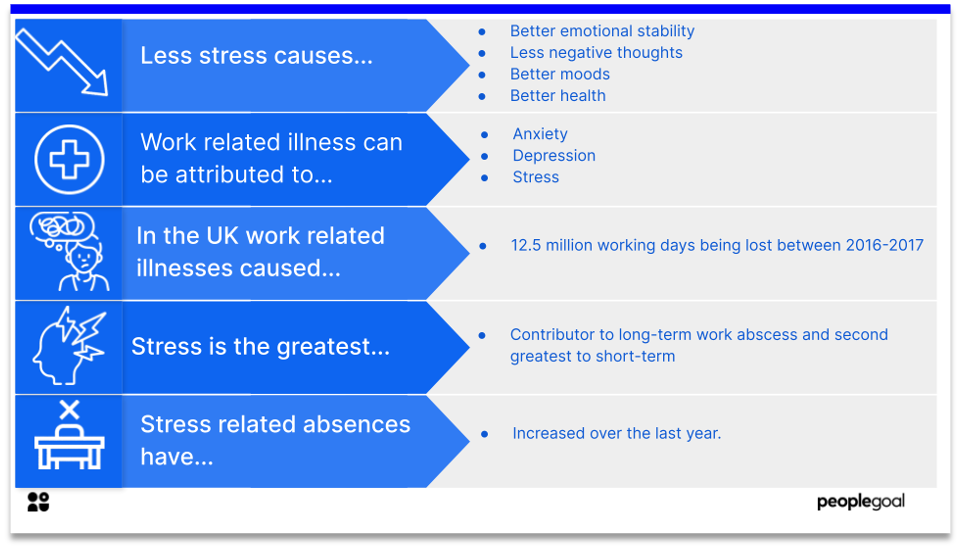Everyone is on the pursuit of happiness, and happiness itself comes in many differing forms unique to each individual. Chances are that if you’re reading this you are at work (and looking for TED talks about happiness), and you may be striving to be happier by being more successful.
In his TED talk, The Happy Secret to Better Work, Shawn Achor argues that this notion is the wrong way round, and instead we become more successful when we are happier and more positive, not the other way round. I’ve broken down some of the key areas he’s covered for you to have a good old read and implement in your everyday life.
TED Talks on Happiness – The Happiness Advantage
For Shawn Achor, happiness is the joy we feel striving after our potential. He states that “Happiness is not a mood – it’s a work ethic”. He argues that it’s those who sit around waiting for work to bring eventual happiness that put themselves at a huge disadvantage. Those who capitalize on positivity at every chance end up coming out ahead. Achor also provides a few ways in which he has developed positive energy to benefit him, such as;
Meditation
- Neuroscientists have found that monks who spend years meditating actually grow their left prefrontal cortex, the part of the brain most responsible for feeling happy.
- Studies show that in the minutes right after meditating, we experience feelings of calm and contentment, as well as heightened awareness and empathy. And, research even shows that regular meditation can permanently rewire the brain to raise levels of happiness, lower stress, even improve immune function.
Find Something to Look Forward To
- One study found people who just thought about watching their favourite movie actually raised their endorphin levels by 27 percent.
- Anticipating future rewards can actually light up the pleasure canters in your brain much as the actual reward will.
Commit Conscious Acts of Kindness
- A long line of empirical research, including one study of over 2,000 people, has shown that acts of altruism — giving to friends and strangers alike — decreases stress and strongly contributes to enhanced mental health.
- Pick one day a week and make a point of committing five acts of kindness.
Infuse Positivity Into Your Surroundings
- Our physical environment can have an enormous impact on our mindset and sense of well-being.
- Studies have shown that the less negative TV we watch, specifically violent media, the happier we are.
Exercise
- Physical activity can boost mood and enhance our work performance in a number of other ways as well, by improving motivation and feelings of mastery, reducing stress and anxiety, and helping us get into flow —- that “locked in” feeling of total engagement that we usually get when we’re at our most productive.
Spend Money (but Not on Stuff)
- In his book Luxury Fever, Robert Frank explains that while the positive feelings we get from material objects are frustratingly fleeting, spending money on experiences, especially ones with other people, produces positive emotions that are both more meaningful and more lasting.
- Spending money on other people is called ‘prosocial spending,’ and also boosts happiness.
- Draw two columns on a piece of paper (or take ten minutes at work to create a nifty spreadsheet) and track your purchases over the next month. Are you spending more on things or on experiences? At the end of the month, look back over each column and think about the pleasure each purchase brought you, and for how long.
Exercise a Signature Strength
- Each time we use a skill, whatever it is, we experience a burst of positivity. If you find yourself in need of a happiness booster, revisit a talent you haven’t used in a while.
- Even more fulfilling than using a skill, though, is exercising a strength of character, a trait that is deeply embedded in who we are.
- Studies have shown that the more you use your signature strengths in daily life, the happier you become.
Watch the full TED Talk on Happiness here:
Embedded content: https://www.ted.com/talks/shawn_achor_the_happy_secret_to_better_work?geo=hi&subtitle=en
To sum this up this TED Talk on happiness in the workplace, using one of Achor’s quotes: “We’re finding it’s not necessarily the reality that shapes us, but the lens through which your brain views the world that shapes your reality. And if we can change the lens, not only can we change your happiness, we can change every single educational and business outcome at the same time."
Ready to 3x Your Teams' Performance?
Use the best performance management software to align goals, track progress, and boost employee engagement.





